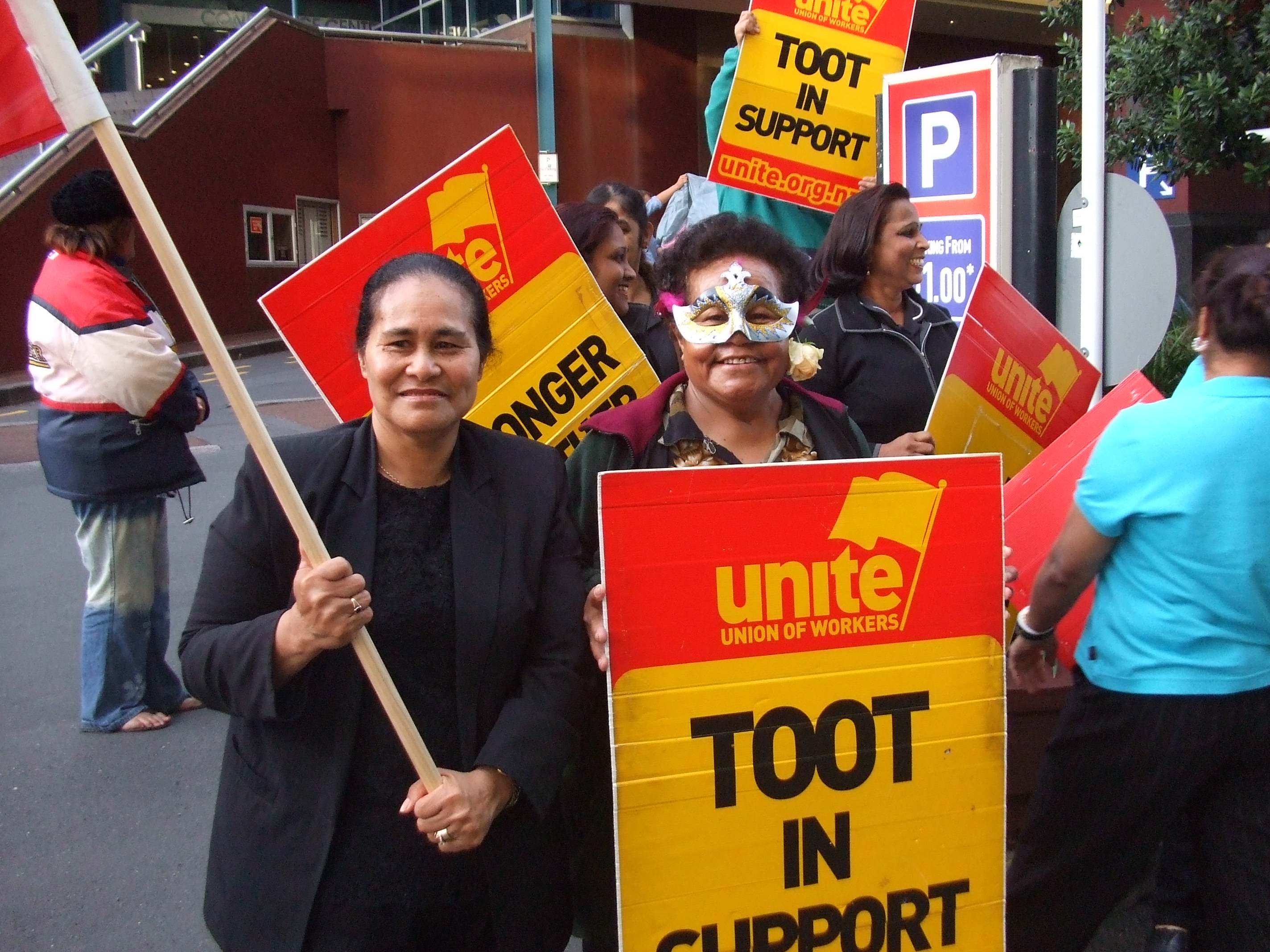Mike Kay
In Europe, the capitalist crisis has hit the working class much harder than it has so far in New Zealand. But in many countries, the victims are fighting back. A single slogan has found universal appeal – “We won’t pay for their crisis!” Here follows a brief survey of some of the highlights of the past few months:
Britain has seen its biggest upsurge in class struggle since the start of the Great Miners Strike, 25 years ago. Waves of unofficial strikes over union-agreement coverage on construction projects spread through power station and refinery sites across the country in early February. The strikes were in defiance of the anti-union laws, and not under the control of union leaders. At the early stages of the dispute there was a worrying element of nationalism, with the slogan “British jobs for British workers” appearing on some picket lines, and picked up gleefully by the bourgeois media.
However, as the movement gained coherence, more class-based demands came to the fore, such as: for all workers on site to be under the national union agreement for the engineering construction industry. The debate is still raging on the British left as to how much of a role anti-migrant worker sentiment played in spreading the dispute, but revolutionaries clearly have a vital task of confronting an undercurrent of nationalism, whilst relating positively to a spontaneous outpouring of working class rage. Continue reading ““We won’t pay for their crisis!””



